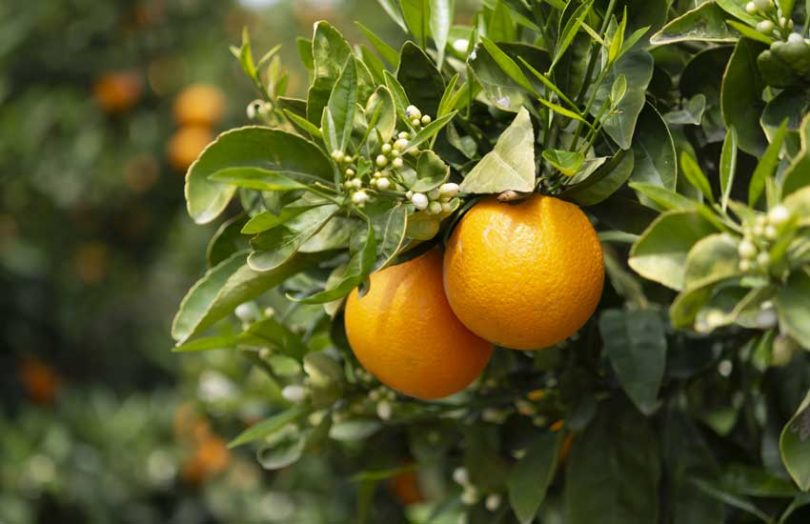Citrus Australia, the non-profit representing citrus growers in the country, is piloting a blockchain-based traceability system for horticulture supply chains. The organization will be working with authentication services provider Laava ID and blockchain firm Trust Provenance to develop the food traceability system for Australian citrus fruit exports.
Government agency Agriculture Victoria has engaged Citrus Australia to initiate this $200,000 pilot program. For the pilot, Citrus Australia is partnering with citrus packer and exporter Mildura Fruit Company, and Nu Leaf IP, the master licensee in Australia for Tang-gold (seedless mandarin variety).
Fruits are one of the top agricultural exports of Australia, and last year Citrus Australia reported a record export figure of 304,000 tonnes at a value of A$541 million ($332 million). The country exports citrus fruits to over 50 markets worldwide, with China as the top importer. The fruit traceability system will enable customers to track the provenance of citrus from farm to the market, locally as well internationally.
“International customers are vital to the future success of the industry and we’re excited to lead this project, which will help secure existing and future market access and protect our reputation of growing the world’s best citrus fruit,” said Nathan Hancock, CEO of Citrus Australia.
The goal of the traceability pilot is to validate the provenance of Australian citrus and prevent counterfeiting. Additionally, traceability of products would enable faster recalls.
Laava ID has developed the Laava Smart Fingerprint technology, a two-dimensional image printed on the packaging of products. Users can scan the fingerprint using their smartphones and pull up provenance details. For better security, the company itself manages the fingerprints and no other recognition systems can access the data. It also tracks unusual scans to detect attempts of creating fake fingerprints.
Trust Provenance is the blockchain technology provider for the Citrus Australia pilot. The platform records information from the Internet of Things (IoT) devices and other integrated systems of supply chain partners. Due to blockchain’s immutable nature, the Trust Provenance provides secure storage of information. The company is already working with mango producers for supply chain traceability.
A common element between these two companies is that they are backed by the Commonwealth Scientific and Industrial Research Organisation (CSIRO), a federal government agency. CSIRO helped Laava ID develop its smart fingerprints and attract funding for Trust Provenance.
The pilot project will run for seven months, including the 2020 harvest period. Based on the outcome, the traceability system will be scaled to include other horticulture products.
Agricultural supply chains were highlighted as a major opportunity when Australia outlined its National Blockchain Roadmap in February. Although the wine sector attracted the most attention.
Australia is experiencing significant activity in blockchain food traceability. Drakes Supermarket and Thomas Foods are using IBM Food Trust blockchain to track and trace meat products. Beefledger has developed a food provenance platform for tracking beef exports to China. Additionally, the country is home to OpenSC, the sustainable supply chain initiative by WWF-Australia and Boston Consulting.






